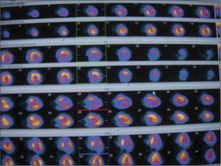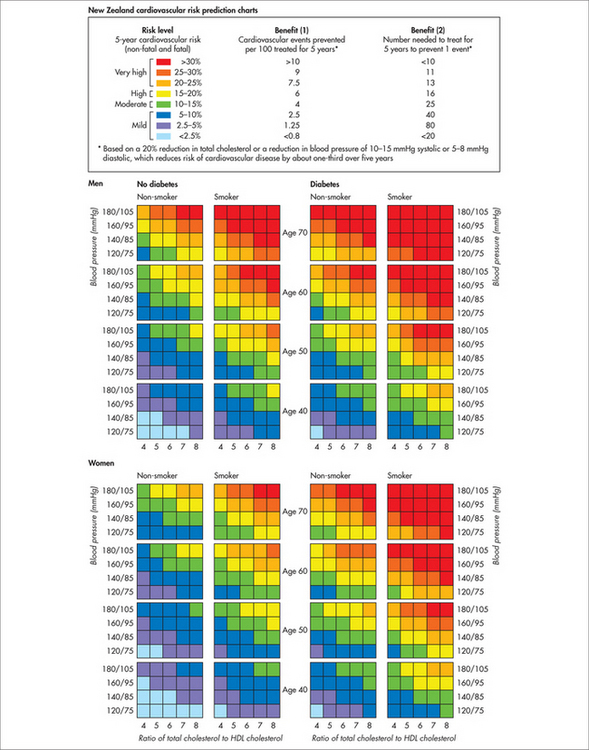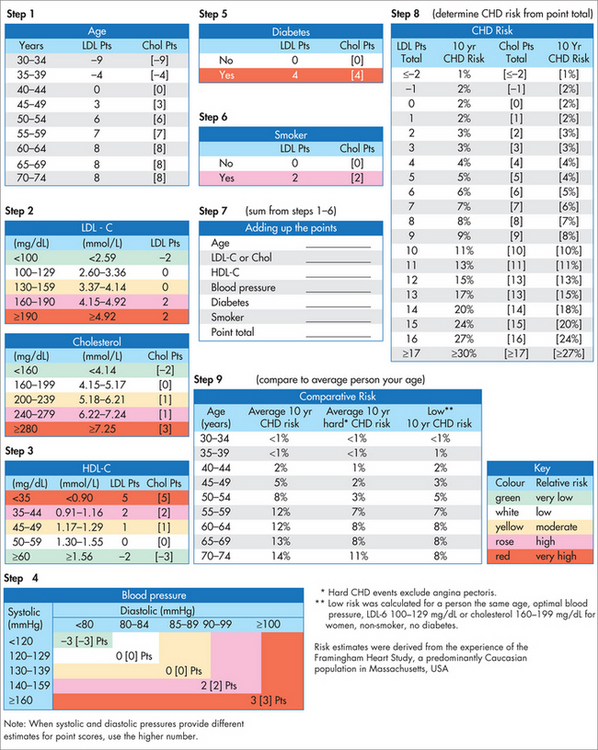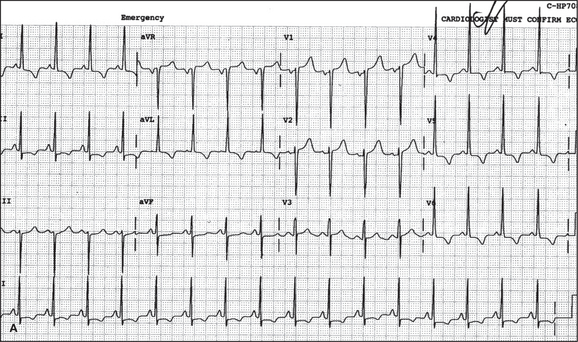Cardiology
INTRODUCTION AND OVERVIEW
Cardiovascular disorders are encountered very frequently in the primary care setting. In developed or affluent countries, cardiovascular disease is still the most common cause of mortality, accounting for 38% of all deaths,1 and a significant cause of disability, particularly due to cerebrovascular disease and congestive cardiac failure. One in five Australians are affected by cardiovascular disease.2 Cardiovascular disorders are due to pathologies that arise in the:
THE INTEGRATIVE APPROACH IN CARDIOLOGY
In 2005 the American College of Cardiology published an expert consensus document titled, ‘Integrating complementary medicine into cardiovascular medicine’.3 The authors noted that there was considerable debate regarding the clinical utility of alternative medicine practices, that these practices were widely employed by patients with cardiovascular disease and that there was a need for further research. The authors noted that ‘integrating CAM into medicine must be guided by compassion, but enhanced by science and made meaningful through solid doctor/patient relationships. Most importantly CAM involves a commitment from the clinician to the caring of patients on a physical, mental and spiritual level’.3a
ASSESSMENT OF THE CARDIOVASCULAR SYSTEM
CARDIOVASCULAR HISTORY
CARDIOVASCULAR EXAMINATION
CLINICAL ASSESSMENT OF THE CARDIOVASCULAR SYSTEM IN PATIENTS PRESENTING WITH POTENTIAL CARDIAC EVENTS
Urgent steps to be taken in this setting include the following:
Once the patient’s clinical stability is established, a more thorough assessment can be started.
CARDIOVASCULAR INVESTIGATIONS
Following is a list of common cardiac investigations with indications:
RISK FACTORS FOR CARDIOVASCULAR DISEASE
Modifiable coronary risk factors include:
Psychological factors such as chronic stress and depression can contribute significantly to the aetiology and progression of cardiovascular disease, largely due to their association with sympathetic nervous system over-activation and high allostatic load. These effects are summarised in Figure 25.2.
PRIMARY PREVENTION
Primary prevention of acute myocardial infarction requires first and foremost the clear identification of the patient’s global risk factor profile. Once this is accomplished, the patient’s risk level can be quantified using a coronary risk calculator. The New Zealand risk score and the Framingham risk score are two such practical tools widely used in the primary care setting (Figs 25.3 and 25.4).
DIABETES MELLITUS
HYPERCHOLESTEROLAEMIA
| total cholesterol level | < 4 mmol/L |
| LDL cholesterol level | < 2.5 mmol/L |
| HDL cholesterol level | > 1 mmol/L |
| TG level | < 1.5 mmol/L |
HYPERTENSION
Left untreated, hypertension can lead to disorders of various organ systems (target organ damage).
Investigations
Management
A medication review for pro-hypertensive agents (see Boxes 25.1 and 25.2) needs to be performed.
First-line
Dose: 100–150 mg daily; well tolerated and no known cardiac interactions.
Dose: 3–10 cups green tea per day
Pharmaceutical
Common pharmaceutical agents used in the treatment of hypertension:
POOR MENTAL HEALTH
Psychological strategies that are effective in improving mental health have also been shown to be associated with a reduced incidence of recurrence and cardiac mortality. Including psychological and social support in the management of heart disease produces major reductions in disease progression and the number of deaths.20 A review of the evidence by Linden and colleagues found that, compared to those who were given psychosocial support, those with no such support were 70% more likely to die from their heart disease and 84% more likely to have a recurrence.20 Managing depression with antidepressants has not been shown to produce a significant reduction in cardiac risk and, in fact, many of the earlier classes of drugs increased cardiac risk.
CARDIOVASCULAR DISEASES
ISCHAEMIC CHEST PAIN
Chronic stable angina
History
Investigations
Perform a standard cardiovascular examination.
Management
Acute coronary syndrome: unstable angina and myocardial infarction
History
Examination
Investigations
Management of acute myocardial infarction
Preparation for coronary artery bypass surgery
In recent years the increasing incidence of high-risk and elderly patients presenting for major surgery has presented a challenge for surgeons, due to the associated increased mortality and complication rate and costs. Novel ways need to be found to improve the results of surgery in these patients. Over the past 10 years at the Alfred Hospital and the Baker Heart Research Institute in Melbourne, Australia, researchers led by Professor Franklin Rosenfeldt have developed regimens of metabolic therapy with the pyrimidine precursor, orotic acid, and the antioxidant and mitochondrial respiratory chain component, coenzyme Q10.24 Using test tube studies, animal models and human studies, they have shown that these regimens improve the response of the ageing and failing heart to hypoxia, ischaemia/reperfusion injury and aerobic stress such as occur during cardiac surgery.24–29 To these original regimens, omega-3 fatty acids (fish oil supplements) and the antioxidant alpha-lipoic acid were added in an attempt to provide better clinical outcomes. The use of coenzyme Q10 supplementation as standalone treatment was validated in a clinical trial, and the entire combination of therapeutic strategies in a 1-year pilot study.25,26,30
Stay updated, free articles. Join our Telegram channel

Full access? Get Clinical Tree







